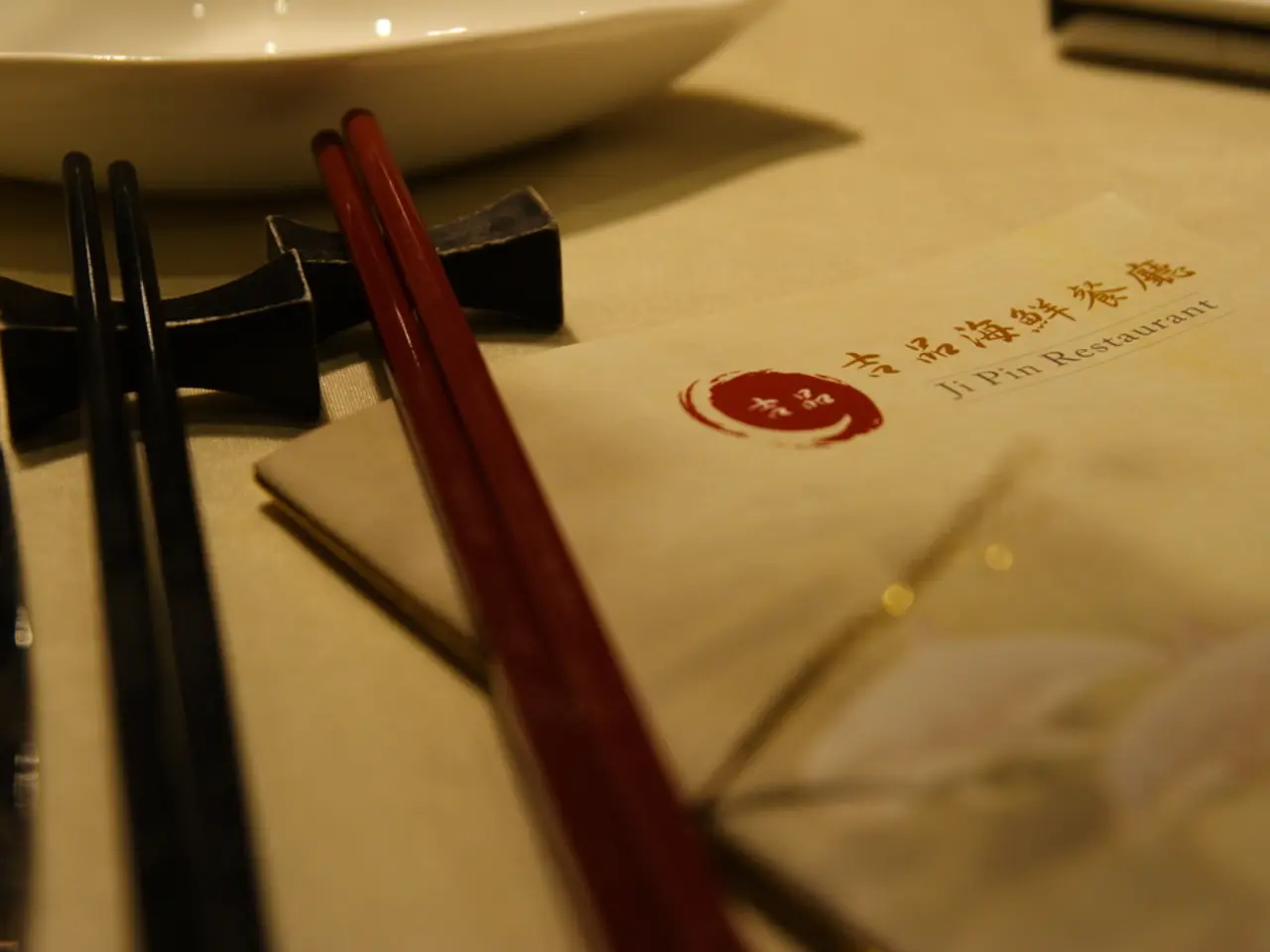China imposes penalties on two European Union financial institutions
Lithuanian Banks Sanctioned by China in Response to EU Measures Against Chinese Institutions
Two Lithuanian banks, UAB Urbo Bankas and AB Mano Bankas, have been sanctioned by China as a direct retaliation to the European Union’s (EU) recent sanctions on Chinese financial institutions linked to Russia’s war effort. The Chinese Ministry of Commerce has banned Chinese entities and individuals from conducting transactions or cooperating with these banks, effectively cutting them off from business within China [1][2][3].
The background of this diplomatic dispute lies in the EU’s sanctions imposed in July 2025 on several Chinese companies alleged to be supporting Russia's military operations in Ukraine. The EU specifically sanctioned two small Chinese banks near the Russia-China border—Heihe Rural Commercial Bank and Suifenhe Rural Commercial Bank—for allegedly facilitating digital asset exchanges that undermine EU sanctions on Russia. China condemned these sanctions as "groundless" and responded by targeting the Lithuanian banks, which are from a country notably critical of Beijing and closely aligned with Taiwan [1][2][3].
The Lithuanian banks, based in Lithuania, will no longer be allowed for transactions or cooperation with organizations and individuals in China. This tit-for-tat sanctioning is part of broader tensions between China and the EU over Russia’s war in Ukraine, economic competition, and diplomatic disagreements. China has a "no limits" partnership with Russia and seeks a political solution to the Ukraine conflict, while the EU has urged China to discourage Russia’s actions. NATO has accused China of enabling Russia’s war effort through corporate support. EU-China relations have recently hit a "clear inflection point," with trade and diplomatic ties strained by these disputes [2][3][4].
It is important to note that the sanctions against UAB Urbo Bankas and AB Mano Bankas may further strain the already tense relations between Lithuania and China. The diplomatic dispute between Lithuania and Beijing started in 2021 due to the opening of a Taiwanese representative office in Vilnius. The EU measures against two Chinese banks have led to China imposing sanctions on UAB Urbo Bankas and AB Mano Bankas. The EU measures have been criticized by China for violating international law and causing harm to economic and financial relations [1][4].
In summary, the Lithuanian banks were sanctioned by China as retaliation for EU sanctions against Chinese financial institutions accused of aiding Russia. This dispute reflects escalating China-EU tensions linked to the Russia-Ukraine war, economic rivalry, and diplomatic conflicts.
[1] ntv.de [2] dpa [3] Reuters [4] BBC News
- The recent sanctions against Lithuanian banks UAB Urbo Bankas and AB Mano Bankas by China are associated with the EU's policy-and-legislation related to employment policy, as these sanctions stem from the EU's punitive measures against Chinese financial institutions backing Russia's war efforts.
- The Chinese Ministry of Commerce's decision to ban transactions with the Lithuanian banks is indicative of a broader diplomatic disagreement between China and the EU involving industry, politics, and general news, particularly in relation to Russia's war in Ukraine and the EU's stance against Russian military operations in Ukraine.
- The economic sector, specifically banking-and-insurance, has become a battlefield in the ongoing tensions between China and the EU, with the EU's enforcement of employment policy toward Chinese institutions causing a reaction from China in the form of industry-specific sanctions against Lithuanian banks.
- The consequences of the sanctions against UAB Urbo Bankas and AB Mano Bankas could potentially exacerbate existing employment policy issues, as the escalating China-EU conflict may impact the overall business environment and employment opportunities within Lithuania and beyond.




